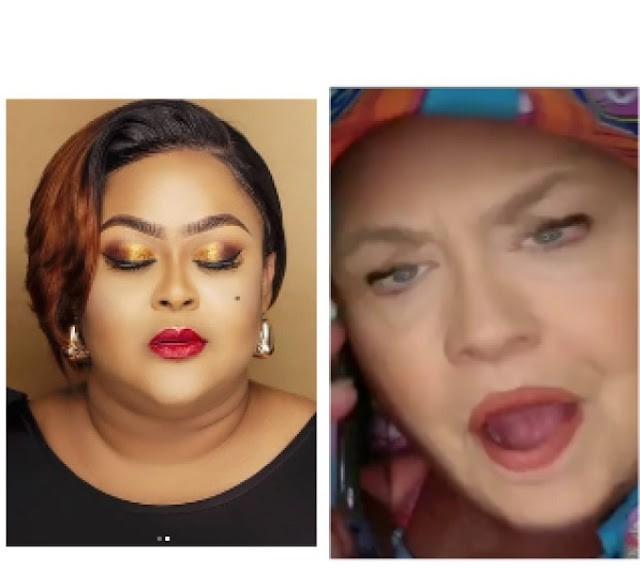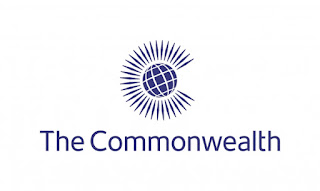COVID 19 FAKE NEWS
To share Covid-19 misinformation you've spotted, you can email us here. Or call +233209446115.
Fighting fake news: The new front in the coronavirus battle
Bogus stories and half-baked conspiracy theories are surging through the internet.
The theories have spread almost as fast as the new coronavirus: Chloroquine is a proven cure, children are immune and 5G caused the pandemic.
From the seemingly plausible to the predictably untrue, fake news about COVID-19, the disease caused by the virus, is flooding the internet as we scramble to make sense of a crisis that has wrought havoc around the world.
'So much misinformation'
While millions of us remain cooped up in our homes under strict lockdown laws, on WhatsApp, Facebook, YouTube and elsewhere, a range of bogus stories and half-baked conspiracy theories concerning COVID-19 have gained considerable global momentum.
| Top tips for tackling misinformation | |
| * Stop and think. If you have any doubts about something's accuracy, don't share it. * Check the source. The most reliable sources of information on coronavirus are public health bodies, such as the World Health Organization. * Pay attention to quality. Reputable sources have high standards when it comes to grammar and presentation. Typos and odd formatting may be an indicator of inaccuracy. * Beware emotional posts and consider biases. We are more likely to share content that corresponds with our own opinions or that excites powerful emotions, but that doesn't necessarily mean it's accurate. * Ask a pro. Several reputable media organisations offer fact-checking services free of charge, or have fact-checking teams tasked with identifying misinformation on social media. |
Some 35 percent have seen claims that drinking more water can help flush out the disease, for example, while around a quarter have seen advice suggesting the infection can be treated by gargling salt water - both of which have been rubbished by the World Health Organisation and contradict UK public health guidelines.
Among those to have personally witnessed the pernicious advance of misinformation is Ahmed Aweis, a business owner in London, itself the epicentre of Britain's coronavirus caseload.
For weeks, he has seen fake news spread freely on WhatsApp and Facebook.
Towards the end of March, Aweis said, up to 25 videos a day spouting mistruths were being shared across a handful of his online groups of friends and relatives - all while COVID-19 tightened its grip on swathes of Western Europe.
Despite his best efforts to rebut the claims, "everybody was just sharing stuff left, right and centre", he said, including content that purportedly proved coronavirus was man-made, or caused by the rollout of 5G mobile technology.







Comments
Post a Comment